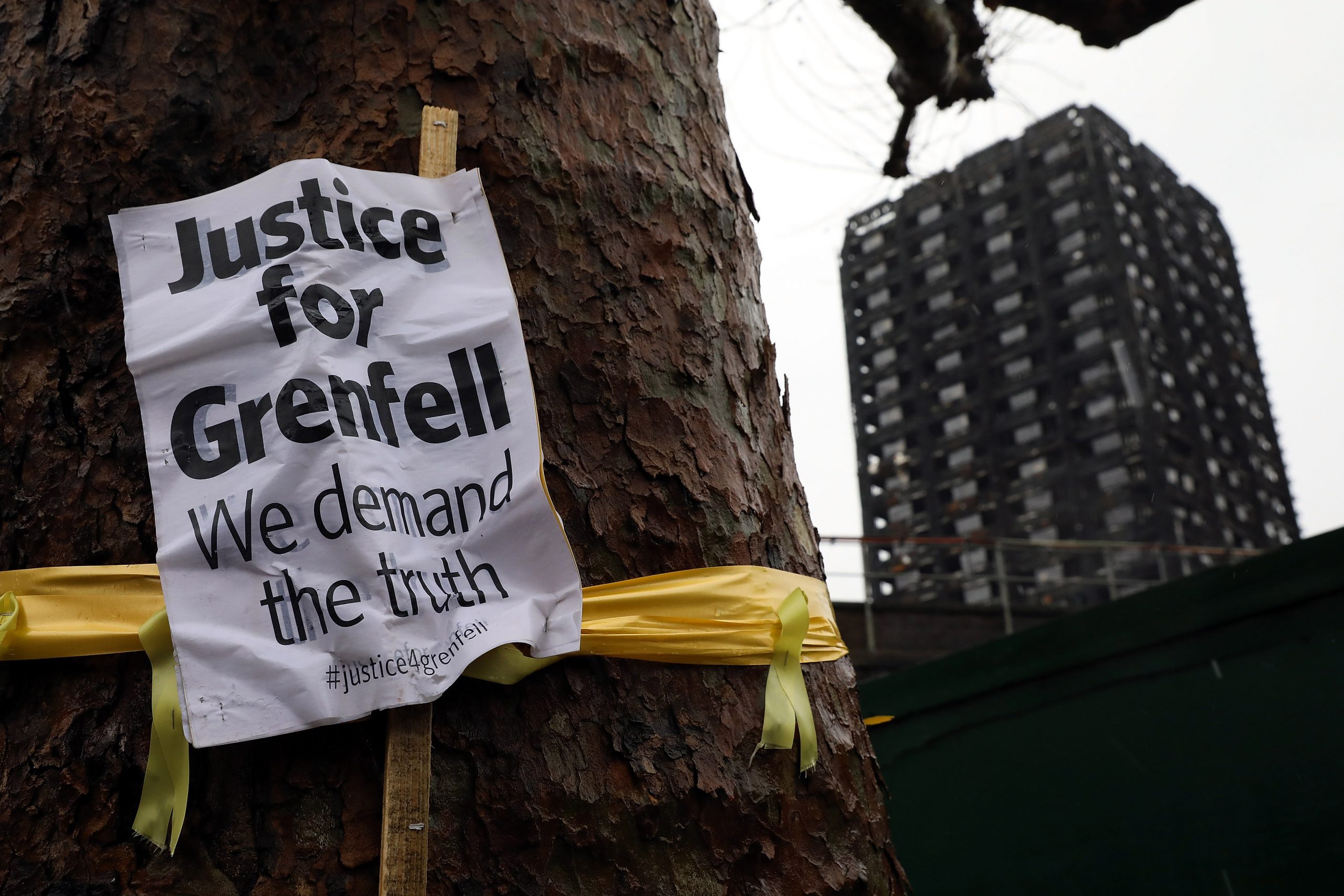
Reading the initial reports on the findings of the first phase of the inquiry into the Grenfell Tower fire brings to mind the Bob Dylan song ‘Who Killed Davey Moore?’
In it, Dylan recounts the death of the eponymous featherweight boxing champion in a fight in New York in 1963. He asks whether it was the referee, the spectators, the promoter, the gamblers or Moore’s opponent who were responsible. In fact, they are all guilty of something, to a greater or lesser extent – but none is willing to accept any blame.



